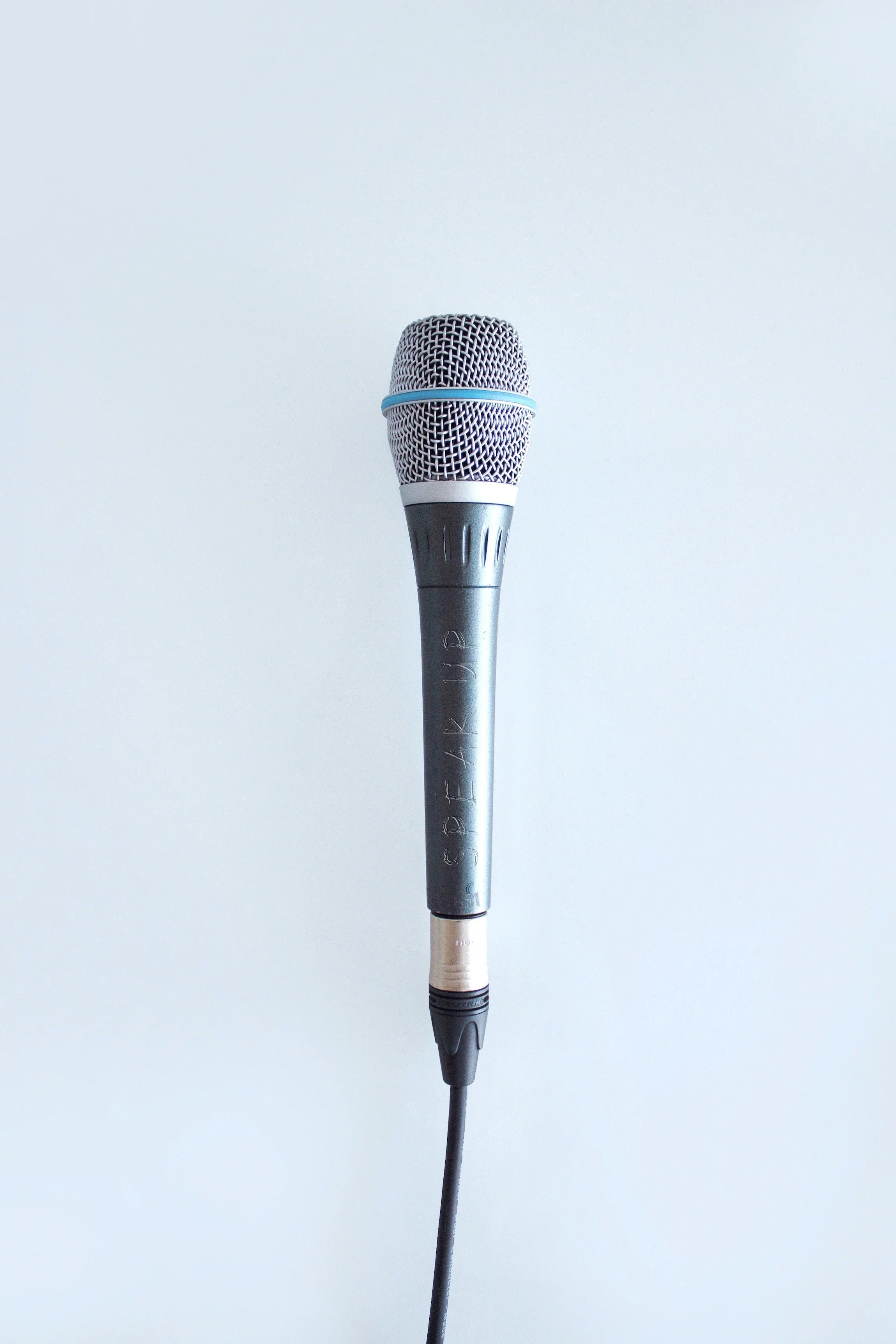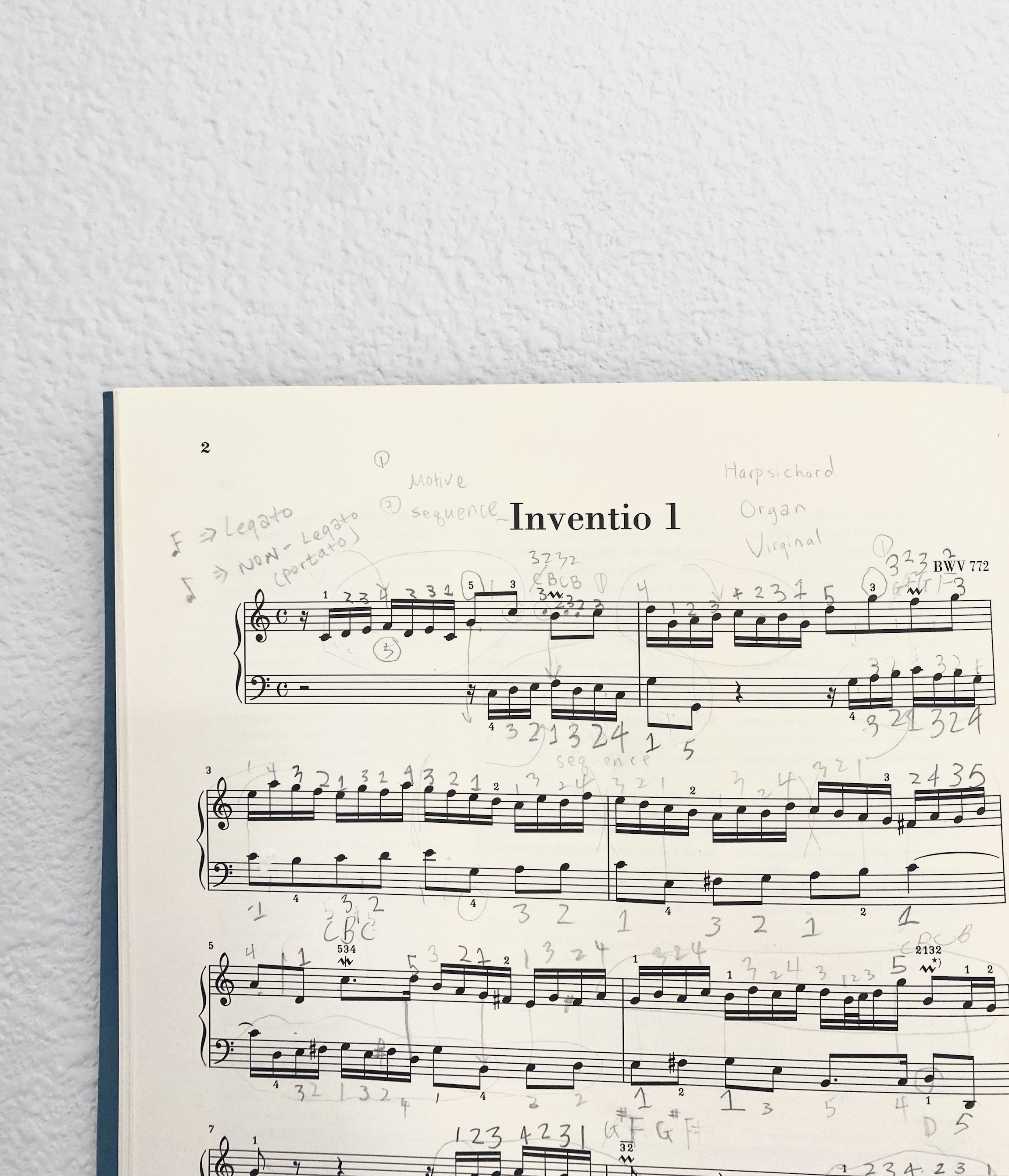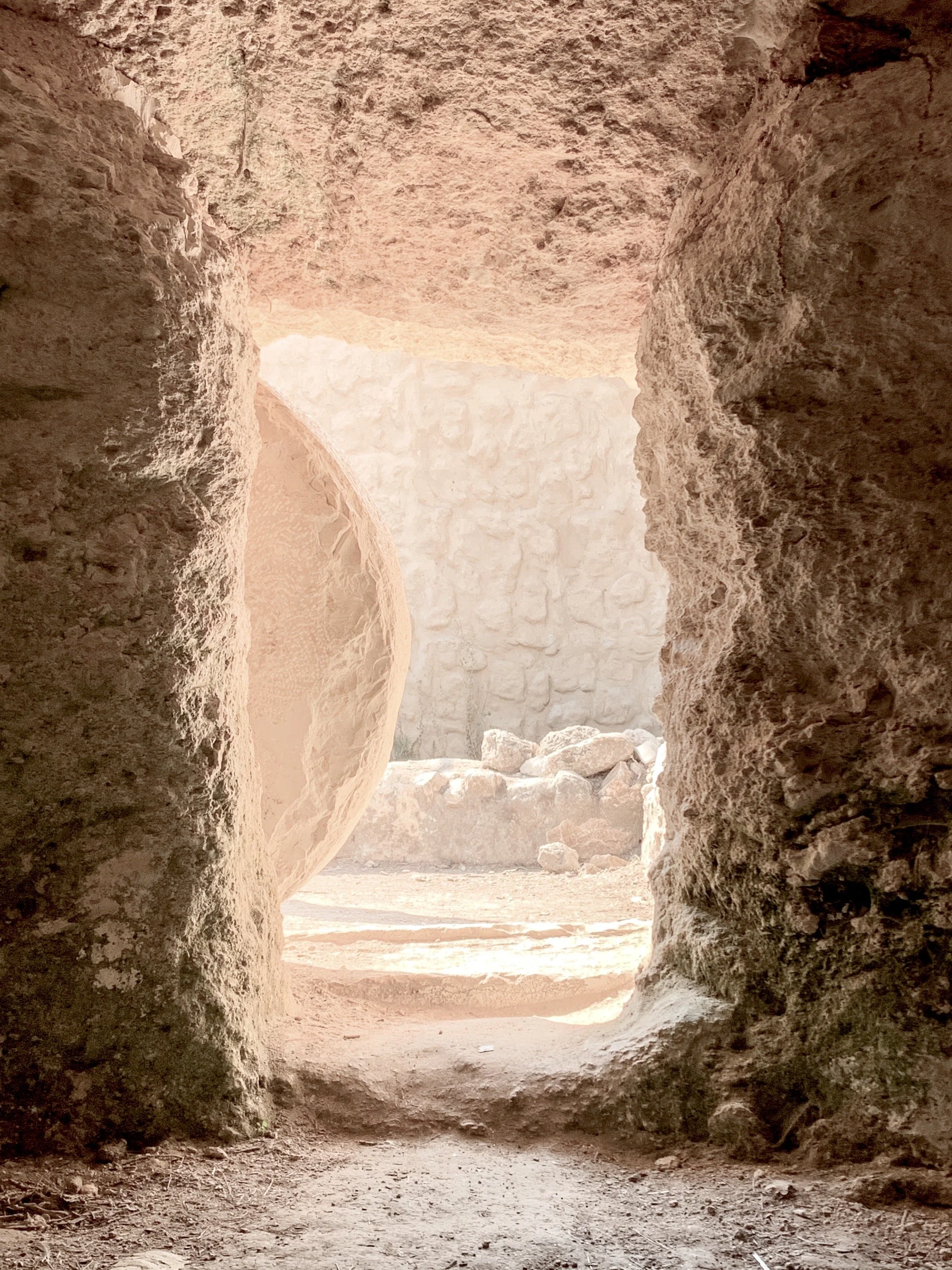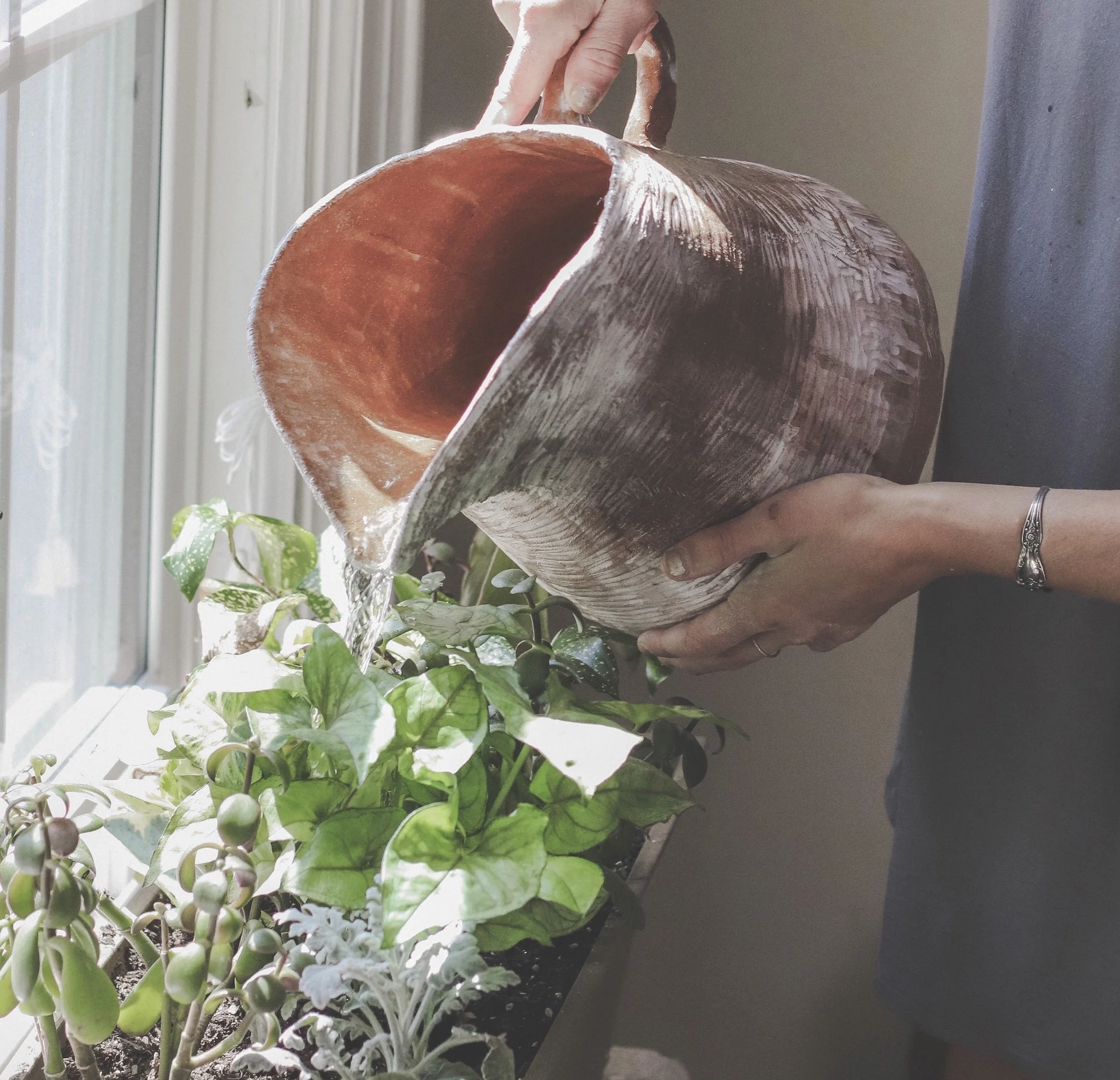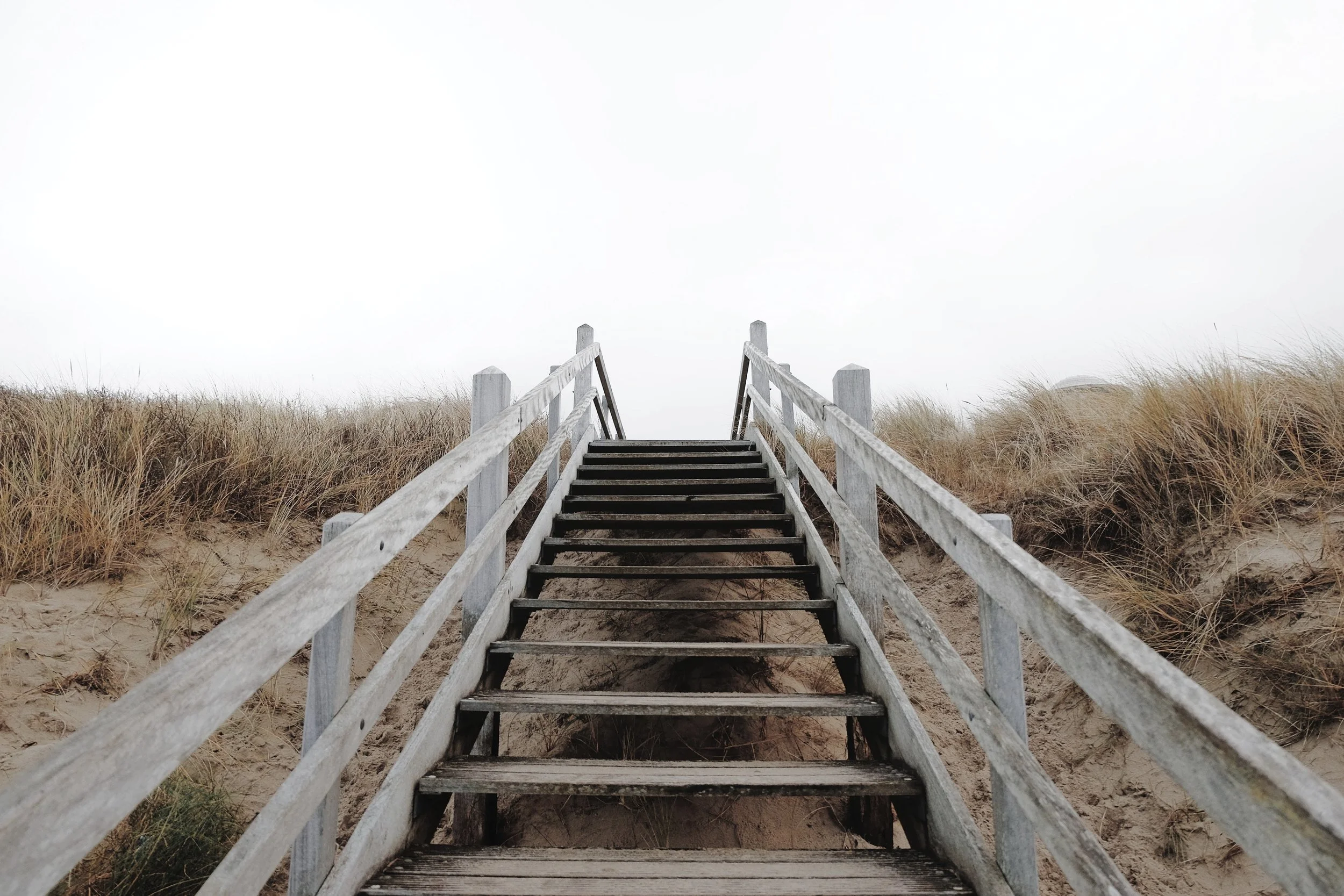Inhabiting My Fear
Courage is fear that has said its prayers.
–Anne Lamott
I still remember the first time I preached a sermon. It was nerve-wracking. The set-up was nothing like I had imagined: I had prepared my first sermon years ago, when the pandemic hit and our church went virtual. That sermon turned into a podcast, the church site I had attended shut down, and here I was, at a different site much later, getting ready to speak in a service being held outdoors, to an audience full of mostly-strangers who all appeared virtually expressionless behind their masks. My hands were cold and clammy, I couldn’t focus on the worship set, I wondered if I had anything worth saying at all, and my first feeling when I finished was one of shock at how vulnerable it felt. I had spoken in front of audiences before, clad in a white coat in front of auditoriums full of doctors for lectures or grand rounds. This felt nothing like that. I knew that those doctors had at least a modicum of interest in the subject, or they wouldn’t be there: I had no idea if anything I said in the sermon hit a chord with anyone. And I wasn’t just talking about data or protocols: I was speaking about truths that felt intensely personal, that I cared about deeply, points about Scripture that I found fascinating or moving. I was sharing details about my life. And it was absolutely terrifying.
I’m not sure how I got up there again. Each time felt just as bad. I loved the process of preparation; I loved the crafting of the message, the weaving together of ideas and illustrations into a story that would move people. I was never able to turn down a chance to do all of that—but as the day neared, I felt more and more jittery. I wouldn’t be able to sleep the night before. My mouth would go dry before going up on stage. As time passed and we moved back indoors, I figured it would get better—I would know when I was really getting good when I stopped feeling nervous. When I felt as comfortable under the lights as other gifted communicators seemed to be.
Over time, delivering sermons did feel easier. The space felt more familiar with repetition. I started getting to know people in the church better; at one point the women in my small group sat in different locations around the sanctuary so I would be surrounded by friendly points of contact. I still had to tell myself not to let my thoughts run down anxious spirals the night before, but I was sleeping better. Still, that feeling of nervousness never went away. And I started to realize that maybe it never would. And maybe that was okay.
“The point is not the absence of stress, but finding the right amount of stress.”
Weightlifters talking about something called “progressive overload.” If you want your muscles to grow, if you want to change, you have to gradually increase the amount of weight you are lifting. I used to think success in lifting was getting to a point where I could heft the load comfortably—now I realize that success is pushing myself just a bit beyond that. Not pushing myself so much that I lose proper form, but pushing myself enough that the last set of reps feels like a bit of a strain, that I break into a sweat, that I feel a bit sore the next day. Because the point is not the absence of stress, but finding the right amount of stress. The point is learning to handle that stress so that, instead of causing injury or harm, it propels me to grow in the right direction.
Life is like that. Growth is about learning how to inhabit your fears, to accept and even expect them, rather than avoiding whatever makes you terrified. No matter how much I’ve prepared, no matter how many times I’ve done it, I will always feel nervous right before going up to give a sermon. I will always feel nervous scrubbing in before surgery. I will always feel nervous when letting my kids try something new without me. And that is okay. The point is to learn how to live alongside my fear—how to decode it by asking myself what I’m really afraid of. How to manage it by not letting it careen to the point of unhealthiness. How to cope with and express it in productive or helpful ways, rather than in destructive or avoidant ways. How to let it bring the reality of my frailty and my need for God to the fore. How to let it compel me towards prayer. How to let it prompt me to reexamine why I’m doing something. How to use it to make me alert to the situation.
Learning how much stress is okay, distinguishing good stress from bad stress, being able to look fears in the face, finding ways of coping with and living into them—all of that is an ongoing process. It helps when other brave people are willing to stay next to me, to tell me when my fears are becoming destructive to myself or others, to reassure me about truths I’m not feeling, to celebrate new steps and brave moments together.
I think often too about what kind and amount of stress is okay for my children. How to find and work with teachers and situations in their lives so that they are pushed in the ways, and to the degrees, that they need to be pushed—based on their skill or personality or life stage—but also knowing when they are being pushed too much. Seeing when the atmosphere, peers, or adults in their lives are distorting their sense of self or ideas of success in bad ways. And that’s an ongoing process too, one that feels like it’s constantly evolving, from year to year or even day to day.
But the point is that for them, just like for me, stress is okay. Life isn’t about escaping anxiety, but learning how to cope with and channel it well. I fantasize regularly about not having to do things that make me feel nervous or afraid, but I know I would be missing out on a big part of why God made me, why I’m here, and what I’m living for. So when the time comes, I’ll take a deep breath, and keep stepping out onto the stage.

